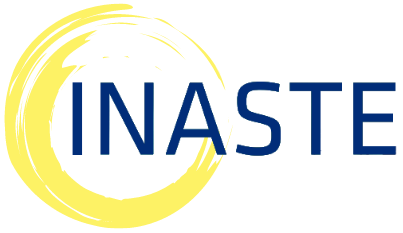European Council for Steiner, Waldorf Education
(ECSWE)
Brussels, Belgium
Contact information:
Dr. Richard Landl
info@ecswe.eu
+32 2 644 00 43
A.I.S.B.L. Rue du Trône 194
1050 Brussels, Belgium
Language of communication: English
Number of countries represented in ECSWE: 28
Number of national associations: 26
Number of represented schools: 757
Number of pupils: 160.000
Regular meetings: 3 per year in different countries
Member in the working group "Schools of the European Commission":
This working group is facilitated by the European Commission and brings together experts from national education ministries, relevant EU bodies, international organizations, social partners and civil society to further policy development through mutual learning and identification of good practices.
Member in European Networks:Learning 4 Well-being, Lifelong Learning Platform, EUROCHILD, Alliance for Childhood.
Our vision: Promoting education that enables all children to holistically unfold their unique potential throughouttheir lifelong personal and professional development.
Our mission: Supporting Steiner Waldorf education and promoting human-centered education in Europe.To implement our mission, we promote freedom in education and school autonomy. We believe that SteinerWaldorf education can best be realized when tailored to local needs.
This is best achieved when certainconditions are met, which is why we promote:
• Freedom of curriculum: National associations and local schools should define and fully implement theirown school curricula.
• The freedom of parental choice as described in Article 14, Charter of Fundamental Rights of the EuropeanUnion, should be granted Europe-wide.
• Full public funding for independent non-profit schools should be granted Europe-wide to allow for parents’right of school choice to be implemented, irrespective of parent’s financial means.
• Pluralism in assessment is a reality in Waldorf schools that should be state-recognized. Standardized andcenralized tests should be increasingly replaced by individualized means of assessment.
• Age-appropriate ICT and media pedagogy: Our schools can provide their own ICT and media pedagogy,based on our development-oriented approach. Existing Waldorf media curricula should be accepted by the state.
